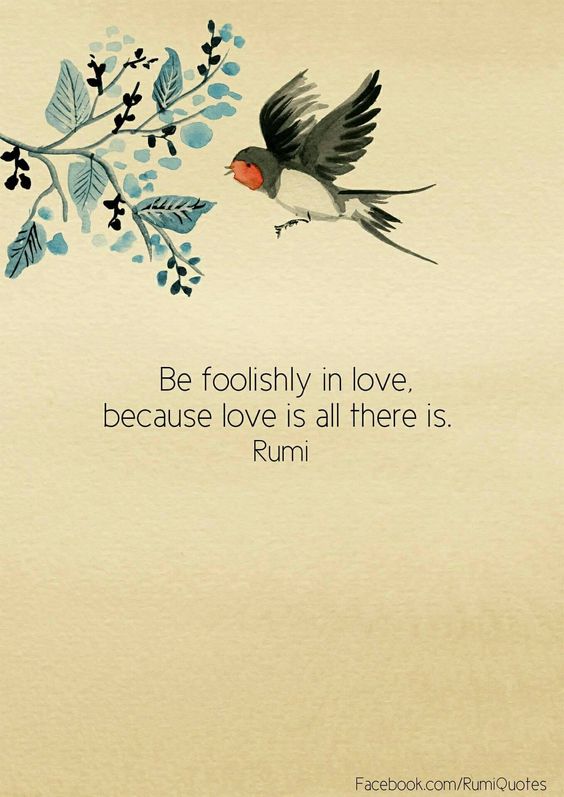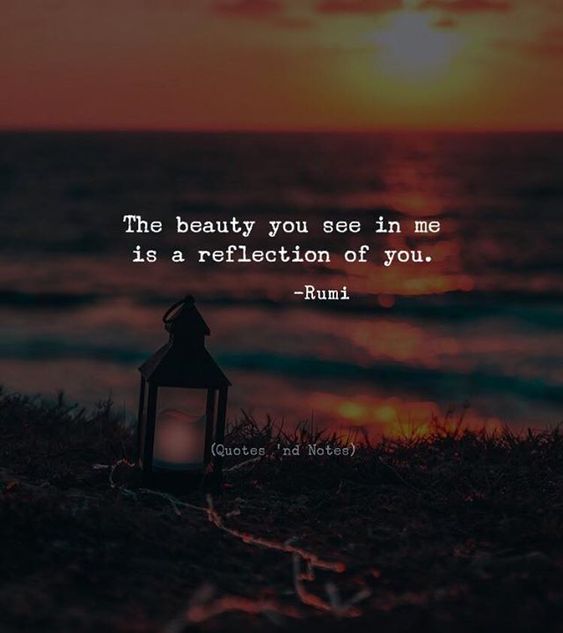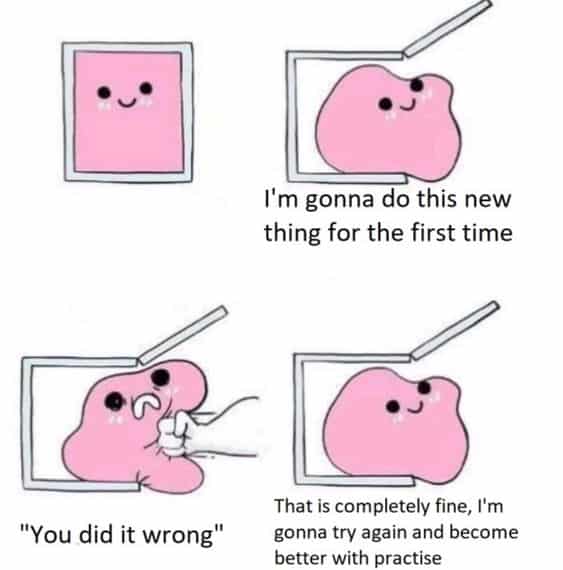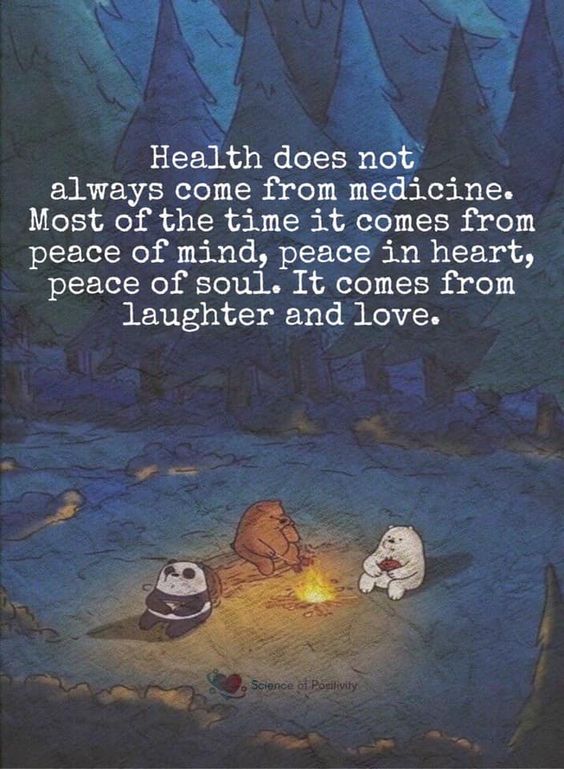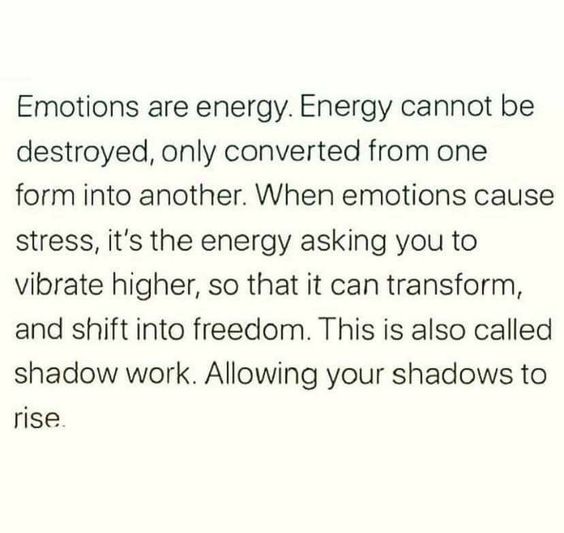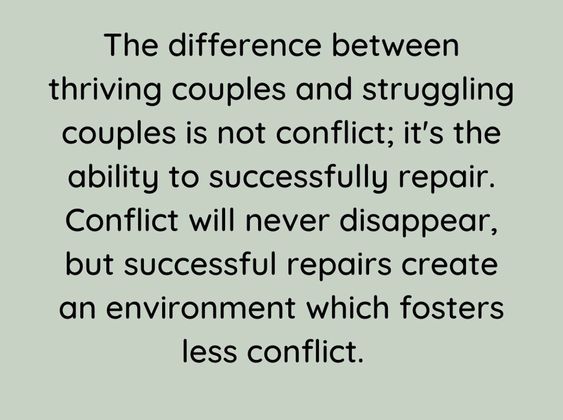“A sure way for me to blunt my aliveness, my day-to-day experience of my vitality, is to live in victimhood, blame the weather, blame the traffic. What I notice is, if I stop blaming and I choose to move the locus of control back over here, and I choose to have agency, to be responsible for my experience, not the external world, but to be responsible for my experience, there’s a surge of energy that comes back in the body.”
Jim Dethmer
“Opt for the interpretation that teaches you something new, rather than one that seems to confirm your ingrained opinions and prejudices. remember, the main function of a dream is to communicate something to you that you don’t know, that you are unaware of, that lives in the unconscious. Your dream will not waste your time by telling you what you already know and understand; therefore, you should choose the interpretation that challenges your existing ideas rather than one that merely repeats what you already think you know.”
Robert A. Johnson, Inner Work (Page 94)
“The process of inner growth demands that we examine consciously everything that motivates us.”
Robert A. Johnson, Inner Work (Page 72)
“Look at causation stripped bare of its covers; look at the ulterior reference of any action. Consider, what is pain? What is pleasure? What is death? What is fame? Who is not himself the cause of his own unrest? Reflect how no one is hampered by any other; and that all is as thinking makes it so.”
Marcus Aurelius, Meditations (Page 117)
“You will never find anything in the unconscious that will not be useful and good when it is made conscious and brought to the right level.”
Robert A. Johnson, Inner Work (Page 71)
“This is probably the single most important principle in dream work—the one that determines whether you will find the wisdom in your dreams. We have to recognize that dreams are intricate tapestries of symbolism, and each image represents something going on within our own selves.”
Robert A. Johnson, Inner Work (Page 69)
“The unconscious has the habit of borrowing images from the external situation and using those images to symbolize something that is going on inside the dreamer. Your dream may borrow the image of your next-door neighbor, your spouse, or your parent and use that image to refer to something inside you.”
Robert A. Johnson, Inner Work (Page 68)
“If you take your dreams as a reflection of the unconscious dynamics within you, you are most likely to get to the heart of the matter; if, however, you apply the dream on the external level, it usually turns out to be superficial. It is on the inner level that you can change life-patterns most profoundly; it is at the inner level that your dream is usually aimed.”
Robert A. Johnson, Inner Work (Page 67)
“Our culture teaches us to focus on the external world, so we jump to the conclusion that our dreams are talking about something on the outside. This is a collective prejudice we suffer from: We spontaneously assume that only the outer world has any importance. The true significance of the inner world becomes more clear when we begin to realize that almost everything we do, every reaction we have, every decision we make, every relationship we form, ultimately results from our inner qualities and inner dynamics. Everything is controlled by the huge energy systems that propel us from within, that determine most of what we think and do.”
Robert A. Johnson, Inner Work (Page 67)
“There was an old tradition in the Christian Church that one had not prayed unless one’s lips had moved. This idea expresses a psychological truth: Something physical has to happen. This is why it is so important that you write your examples down on paper. When you physically write those examples, the connections with your dream become clear and definite.”
Robert A. Johnson, Inner Work (Page 66)

